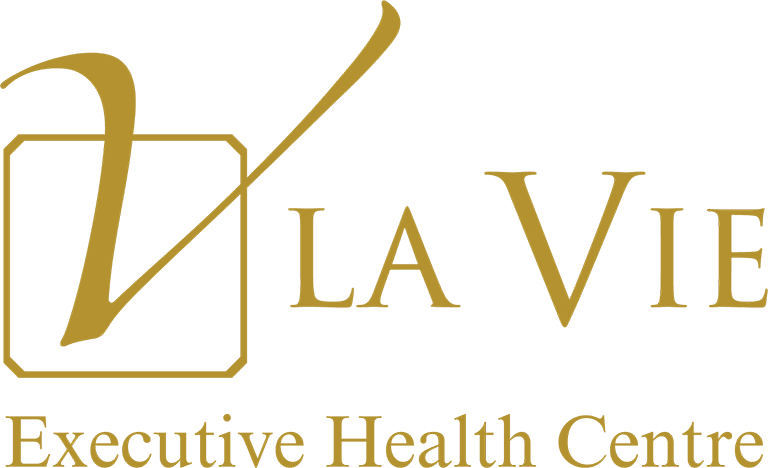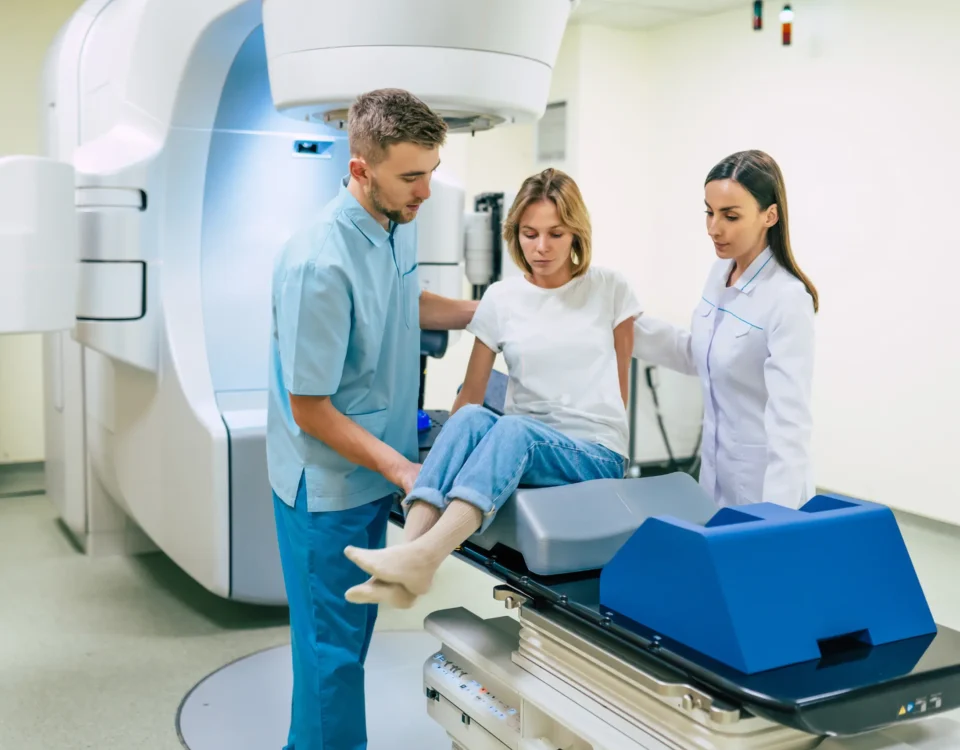- Home
- Locations
- For Individuals
- For Organizations
- CEO Health/Executive Assessment
- Independent Medical Assessments
- Employee Health
- Functional Abilities Evaluation Services
- Functional Medicine Evaluation (FME) Services
- Independent Medical Evaluation (IME) Services
- Job Site Assessment Services
- Labour Market Re-entry Assessment Service
- Neuropsychological Assessment Services
- Non-Medical Summary Services
- Physical Demands Analysis (PDA) Services
- Pre-Employment Medical Services
- Vocational and Employability Assessment Service
- For Diplomats
- About
- Contact
- Home
- Locations
- For Individuals
- For Organizations
- CEO Health/Executive Assessment
- Independent Medical Assessments
- Employee Health
- Functional Abilities Evaluation Services
- Functional Medicine Evaluation (FME) Services
- Independent Medical Evaluation (IME) Services
- Job Site Assessment Services
- Labour Market Re-entry Assessment Service
- Neuropsychological Assessment Services
- Non-Medical Summary Services
- Physical Demands Analysis (PDA) Services
- Pre-Employment Medical Services
- Vocational and Employability Assessment Service
- For Diplomats
- About
- Contact
- Home
- Locations
- For Individuals
- For Organizations
- CEO Health/Executive Assessment
- Independent Medical Assessments
- Employee Health
- Functional Abilities Evaluation Services
- Functional Medicine Evaluation (FME) Services
- Independent Medical Evaluation (IME) Services
- Job Site Assessment Services
- Labour Market Re-entry Assessment Service
- Neuropsychological Assessment Services
- Non-Medical Summary Services
- Physical Demands Analysis (PDA) Services
- Pre-Employment Medical Services
- Vocational and Employability Assessment Service
- For Diplomats
- About
- Contact
- Home
- Locations
- For Individuals
- For Organizations
- CEO Health/Executive Assessment
- Independent Medical Assessments
- Employee Health
- Functional Abilities Evaluation Services
- Functional Medicine Evaluation (FME) Services
- Independent Medical Evaluation (IME) Services
- Job Site Assessment Services
- Labour Market Re-entry Assessment Service
- Neuropsychological Assessment Services
- Non-Medical Summary Services
- Physical Demands Analysis (PDA) Services
- Pre-Employment Medical Services
- Vocational and Employability Assessment Service
- For Diplomats
- About
- Contact

How Healthy Employees Improve Business Results
January 31, 2024
Selecting the Best Private Medical Clinic in Greater Toronto Area: A Comprehensive Guide
April 11, 2024Taking care of your health entails not only addressing difficulties as they emerge, but also proactively preventing future problems. Regular health checks are an important part of maintaining good health. These tests are critical for detecting diseases early on, making them easier to monitor and treat. In this article, we’ll look at the importance of routine health screenings, including their role in preventing heart disease, diabetes, breast cancer, and colorectal cancer.
Early Detection and Effective Treatment
Health screenings are a key component of preventative treatment, aimed to detect any health problems at an early stage. The rationale for this method is straightforward yet powerful: the earlier an illness is discovered, the more successful and controllable the treatment becomes. Rather than waiting for symptoms to appear, frequent screenings enable people to take control of their health in advance.
Common Screenings and their Importance
Heart Disease Screenings: Heart disease is the major cause of morbidity in the globe. Routine tests, such as blood pressure and cholesterol checks, as well as cardiovascular imaging examinations, allow for the early detection of cardiovascular risk factors. With this information, healthcare practitioners can collaborate with patients to design tailored heart health programs, which may include lifestyle adjustments and, if necessary, medicinal interventions.
Diabetes screenings: The prevalence of diabetes, particularly Type 2, has increased significantly. Regular screenings, which include blood glucose testing, fasting insulin, and hgA1C values, aid in the early identification of diabetes. Early intervention, often through lifestyle changes and medication, can reduce problems and enhance overall quality of life.
Breast Cancer Screenings: Routine mammograms for women, as well as a breast ultrasound or MRI if necessary, are critical for early detection of breast cancer. Early detection greatly enhances the likelihood of successful treatment. Screening guidelines may differ depending on age and risk factors, emphasizing the significance of individualized care regimens developed in collaboration with healthcare practitioners.
Colorectal cancer screenings: Colorectal cancer is another illness that requires early identification to be treated successfully. Colonoscopies and other screening technologies can detect precancerous polyps or cancerous growths in their early stages, allowing for prompt treatment and better outcomes.
Physician Guidance: Primary care physicians often initiate health screenings depending on a patient’s age, gender, family history, and overall health. Regular check-ups allow healthcare experts to identify risk factors and propose appropriate screenings. Maintaining open contact with your healthcare team is critical for ensuring that tests are tailored to your specific health profile.
Overcoming Barriers to Screening
Despite the obvious benefits of frequent health screenings, factors such as fear or a lack of information can discourage people from getting them. Healthcare providers and clinics play an important role in educating the public about the value of screenings, resolving concerns, and making these services more accessible.
As you prioritize your health journey, consider the following steps.
Schedule a Checkup: If you haven’t had a checkup in a while, make an appointment with your primary care physician. Discuss your health history, concerns, and the screenings recommended for your age and gender.
Know Your Family History: Understanding your family’s health history might help you identify potential risk factors. Share this information with your doctor on your next checkup.
Stay Informed: Learn about the health screenings that are suggested for your age and gender. Being educated enables you to actively engage in healthcare decisions.
Encourage Others: Advocate for preventive care in your neighborhood. Inform friends and family about the need of routine tests, encouraging them to prioritize their health.
Conclusion
Routine health screenings are a proactive and useful part of preventative treatment. Screenings enable people to make educated decisions about their health and well-being by discovering any health problems early on. Whether it’s heart disease, diabetes, breast cancer, or colorectal cancer, early detection is critical. Take a proactive approach to your health by discussing appropriate screenings with your healthcare practitioner and working toward a better, more vibrant life. Remember that prevention is more than just preventing sickness; it is also about cultivating optimal well-being.







